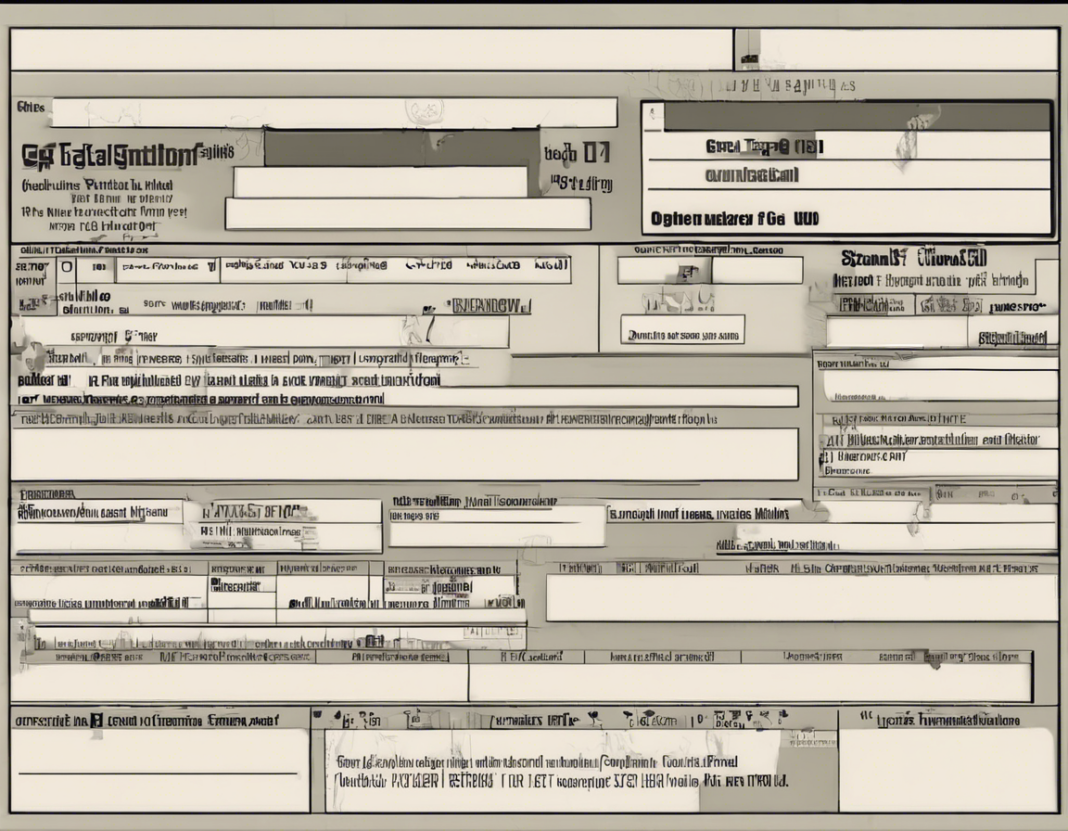A GI Tag is a sign that identifies products as originating from a specific geographical location, indicating unique quality and reputation.
What is a GI Tag?
A Geographical Indication (GI) tag identifies goods as originating from a specific geographical region, signifying qualities, reputation, or characteristics unique to that location.
Meaning and Importance of GI Tags
Geographical Indications (GIs) are a form of intellectual property rights that protect products or goods originating from a specific geographical region, where a particular quality, reputation, or characteristic of the product is essentially attributable to its place of origin. This tag serves to benefit the producers of goods that have a strong link to their place of origin, typically due to the unique natural conditions, skill set, or tradition associated with that region.
Key Features of GI Tags
- Origin: GI tags highlight the specific origin of a product.
- Quality Assurance: They ensure that the product is of a certain quality or possesses specific characteristics.
- Cultural Significance: GI tags often represent the cultural heritage and traditions of a particular region.
- Economic Benefits: They can boost local economies by promoting and protecting traditional products.
How Does GI Tagging Work?
The process of obtaining a GI tag involves several steps:
1. Application: Producers, associations, or organizations apply for a GI tag.
2. Examination: Authorities examine the application to verify the uniqueness of the product.
3. Publication: The application is published for public objections, if any.
4. Registration: Upon approval, the product is registered with the GI tag, protecting its uniqueness.
Examples of GI Tagged Products
- Darjeeling Tea: Known for its unique flavor and quality, Darjeeling Tea has a GI tag.
- Kanchipuram Silk Saree: These silk sarees from Kanchipuram, Tamil Nadu, are renowned for their craftsmanship.
- Basmati Rice: Authentic Basmati Rice, primarily grown in certain regions of India and Pakistan, is GI tagged.
- Roquefort Cheese: This blue cheese from France is one of the earliest products to receive a GI tag.
Benefits of GI Tags
- Market Value: GI tags enhance the market value of products due to their unique reputation.
- Consumer Trust: Consumers trust the authenticity and quality of GI-tagged products.
- Economic Development: They contribute to the economic development of the region by promoting local goods.
- Preservation of Culture: GI tags help preserve traditional practices and craftsmanship.
Challenges Associated with GI Tags
- Counterfeiting: Protecting against counterfeit products is a significant challenge.
- Compliance: Ensuring all producers adhere to the standards set by the GI tag can be demanding.
- Cost: The process of obtaining and maintaining a GI tag can be expensive for small producers.
- Enforcement: Monitoring and enforcing GI regulations require dedicated resources.
FAQs About GI Tags
Q1: What is the difference between a trademark and a GI tag?
A trademark is a sign used to distinguish goods or services of one enterprise from those of others, while a GI tag indicates the geographical origin of a product.
Q2: Can a product have both a trademark and a GI tag?
Yes, a product can have both a trademark for branding purposes and a GI tag to establish its geographical origin and unique qualities.
Q3: How long does it take to get a GI tag for a product?
The duration can vary, but the process typically takes several months to a few years, depending on the complexity of the application and any potential objections.
Q4: Can GI tags be revoked or cancelled?
GI tags can be cancelled or revoked if the product no longer meets the criteria for geographical indication, or if there are violations of the regulations associated with the tag.
Q5: Do GI tags have international recognition?
While GI tags are primarily regulated at the national level, there are international agreements and conventions that provide some level of recognition and protection for GI-tagged products.
Q6: How do GI tags benefit consumers?
Consumers benefit from GI tags by being assured of the authenticity and quality of products, as well as having access to unique and traditional goods with specific characteristics.
Q7: Are all traditional products eligible for GI tags?
Not all traditional products qualify for GI tags. The uniqueness of the product’s qualities or reputation must be tied to its geographical origin to be eligible for a GI tag.
Q8: Can multiple products from the same region have GI tags?
Yes, different products from the same region can have their own GI tags if they possess unique qualities or characteristics specific to their respective industries.
Q9: How do GI tags support sustainable development?
GI tags promote sustainable development by preserving traditional practices, fostering local economies, and maintaining the cultural heritage associated with specific regions.
Q10: Can a GI tag be transferred from one producer to another?
Generally, a GI tag is assigned to a specific geographical region or group of producers rather than individual entities. Transferring a GI tag involves complex legal processes and is uncommon.
Conclusion
In conclusion, GI tags play a crucial role in protecting the unique qualities of products tied to their geographical origins and are instrumental in promoting economic development, preserving cultural heritage, and fostering consumer trust. Understanding the meaning, significance, and process of obtaining GI tags is essential for both producers and consumers in the global marketplace.
